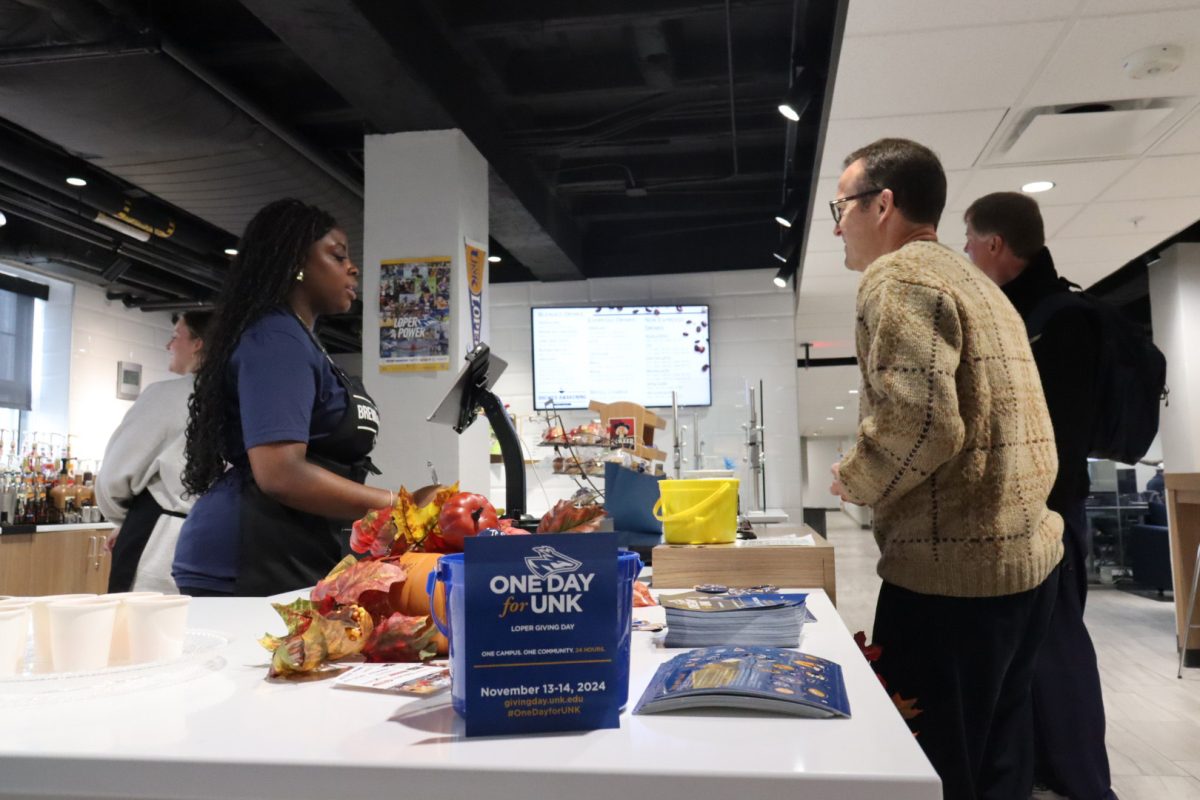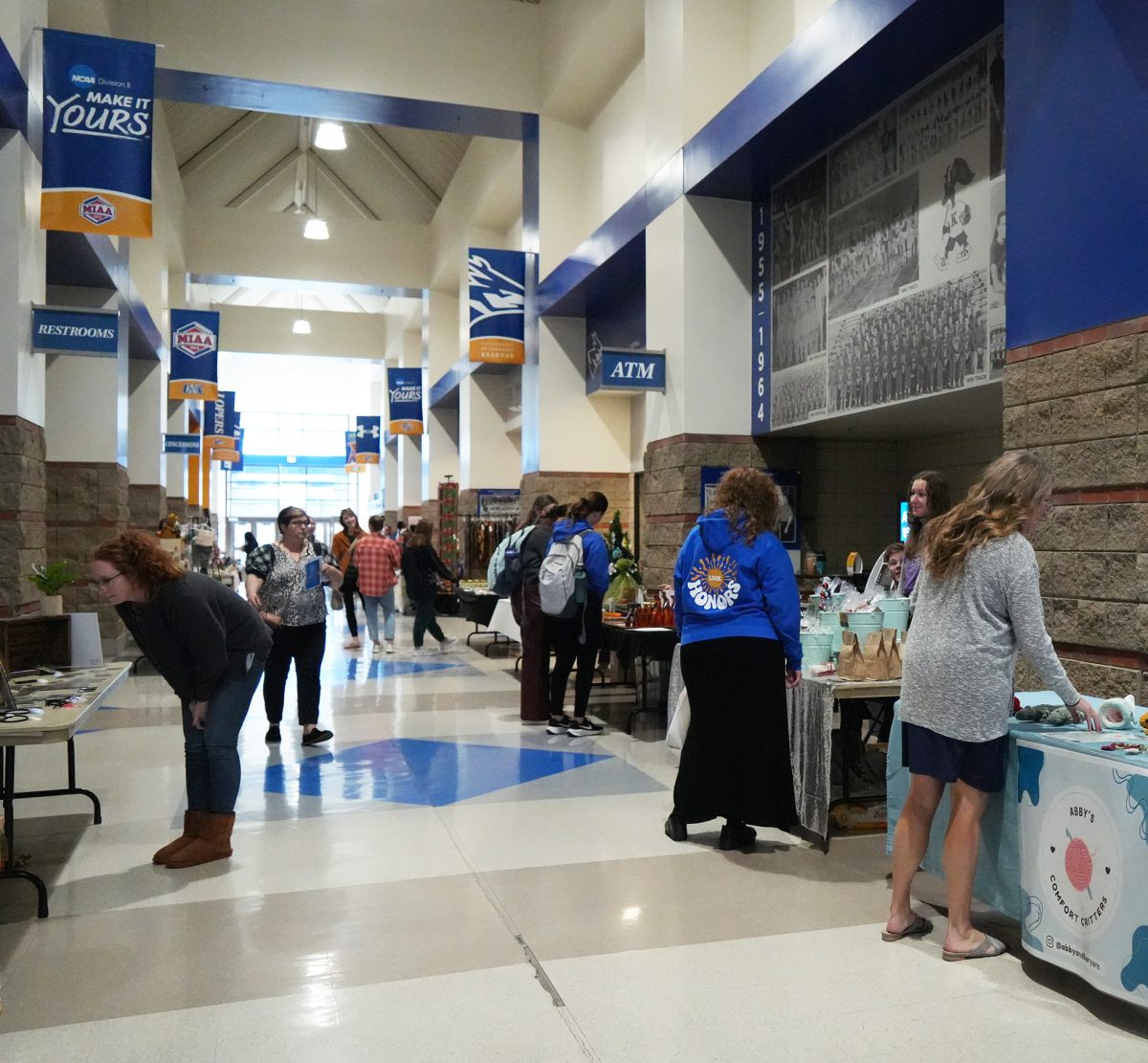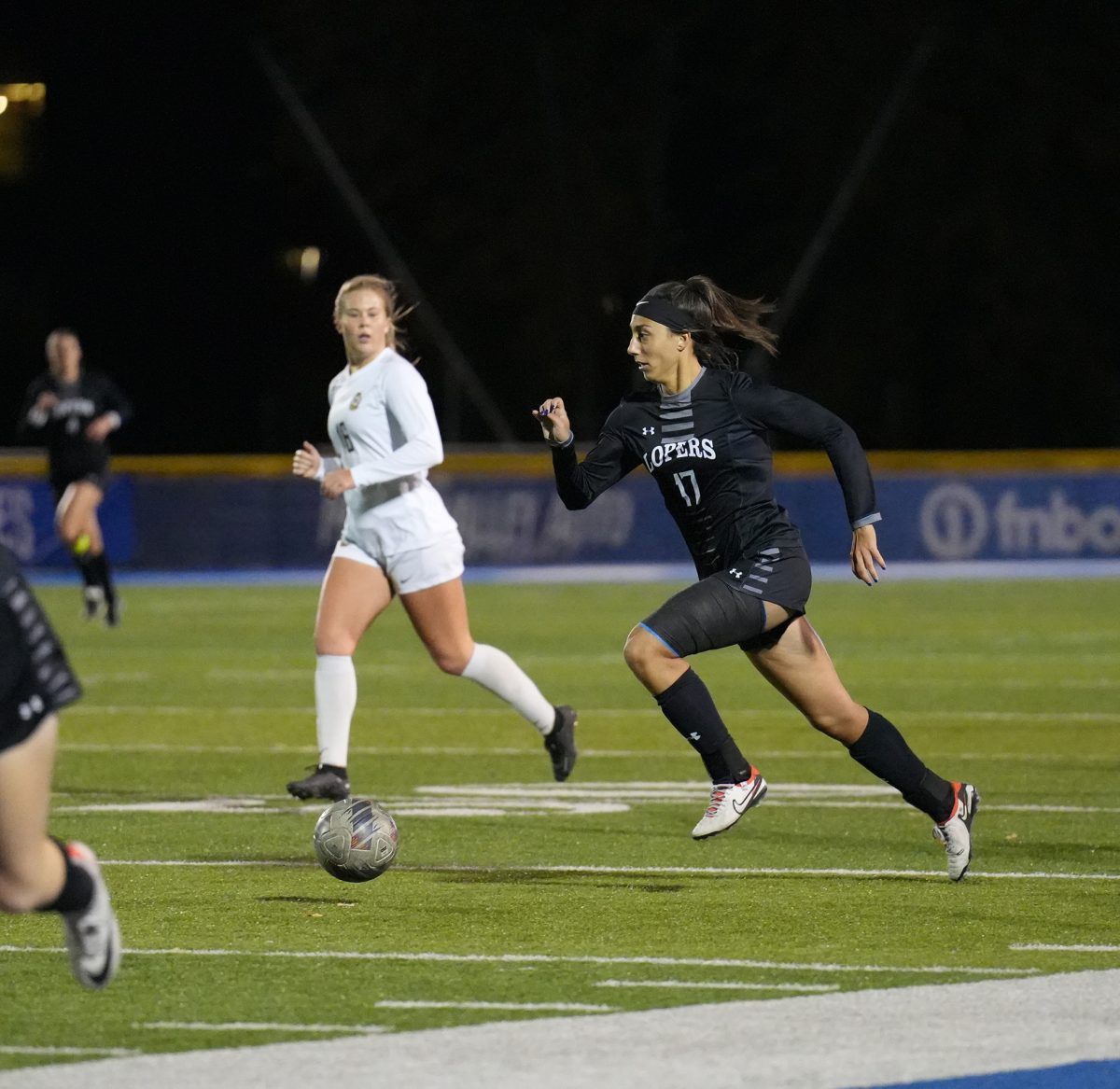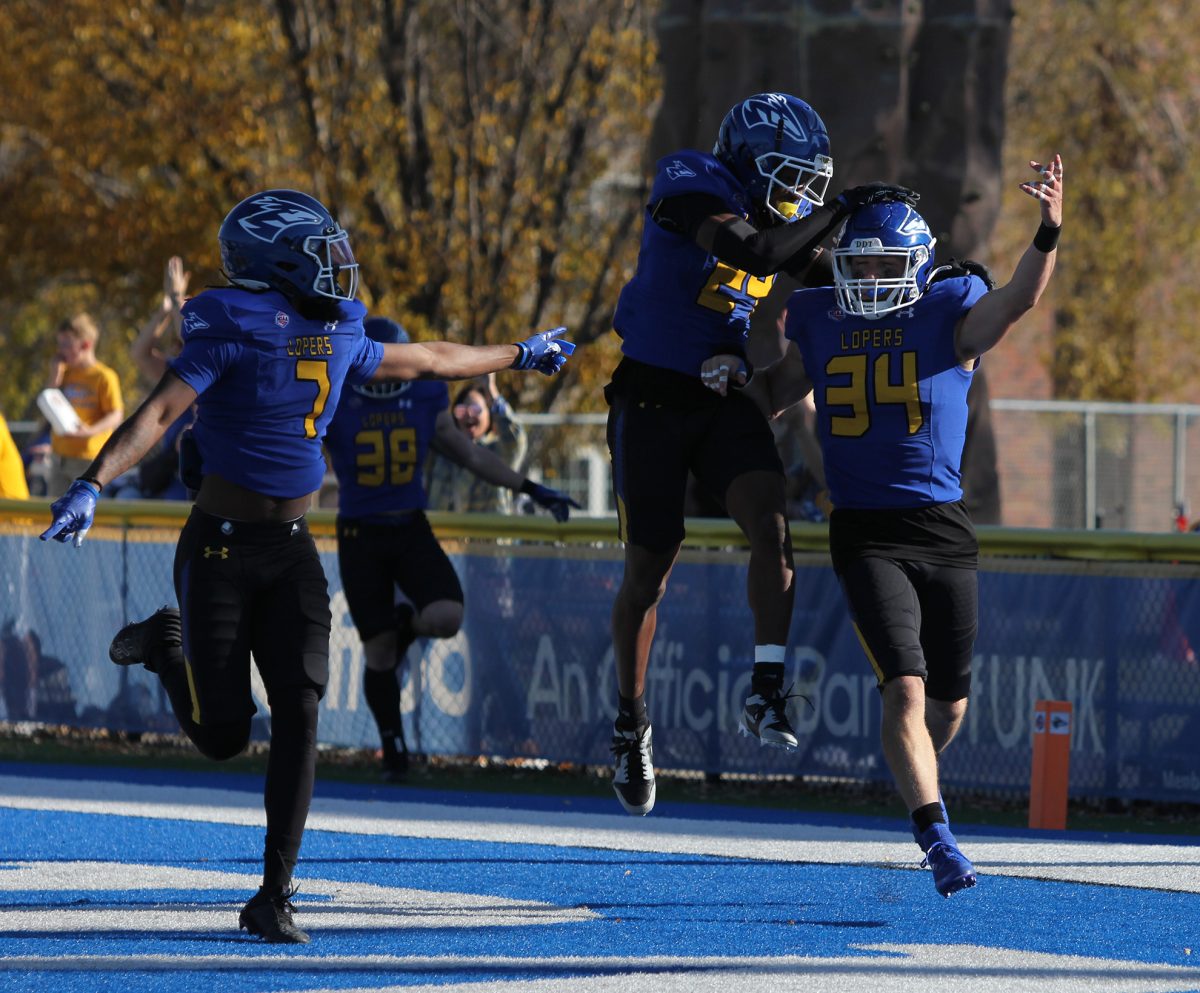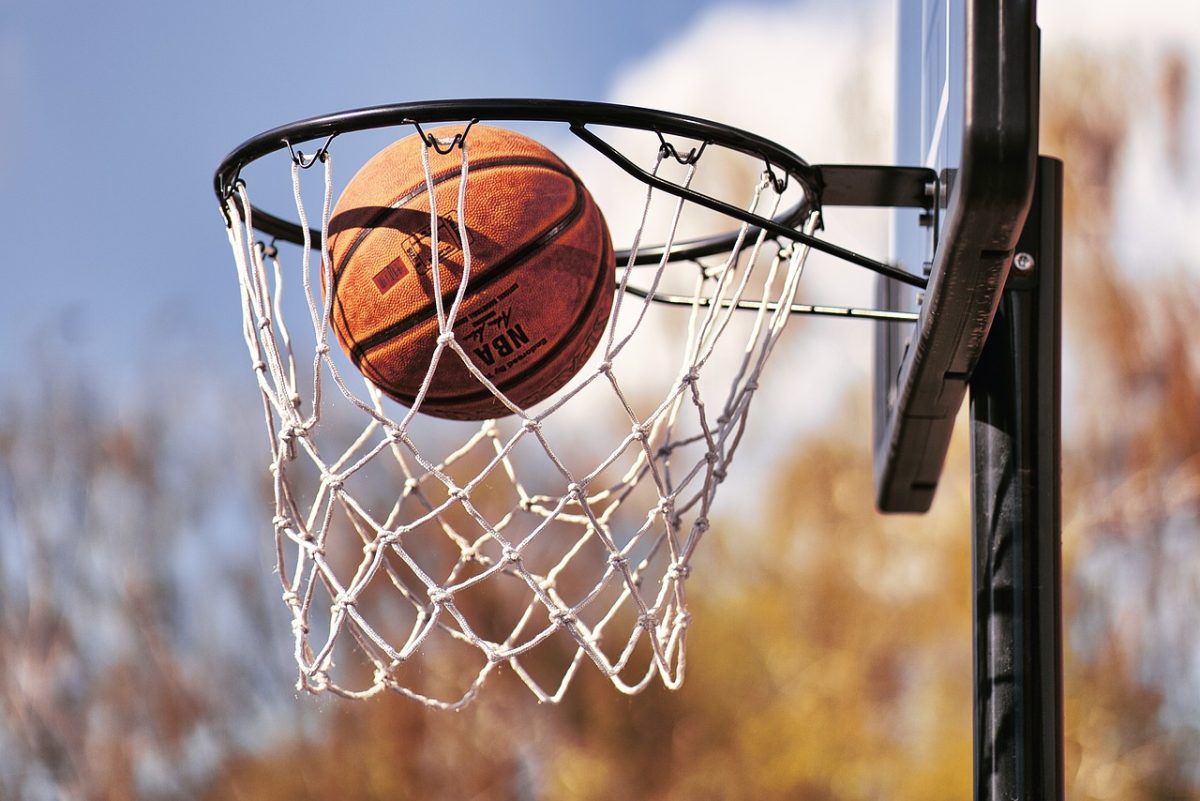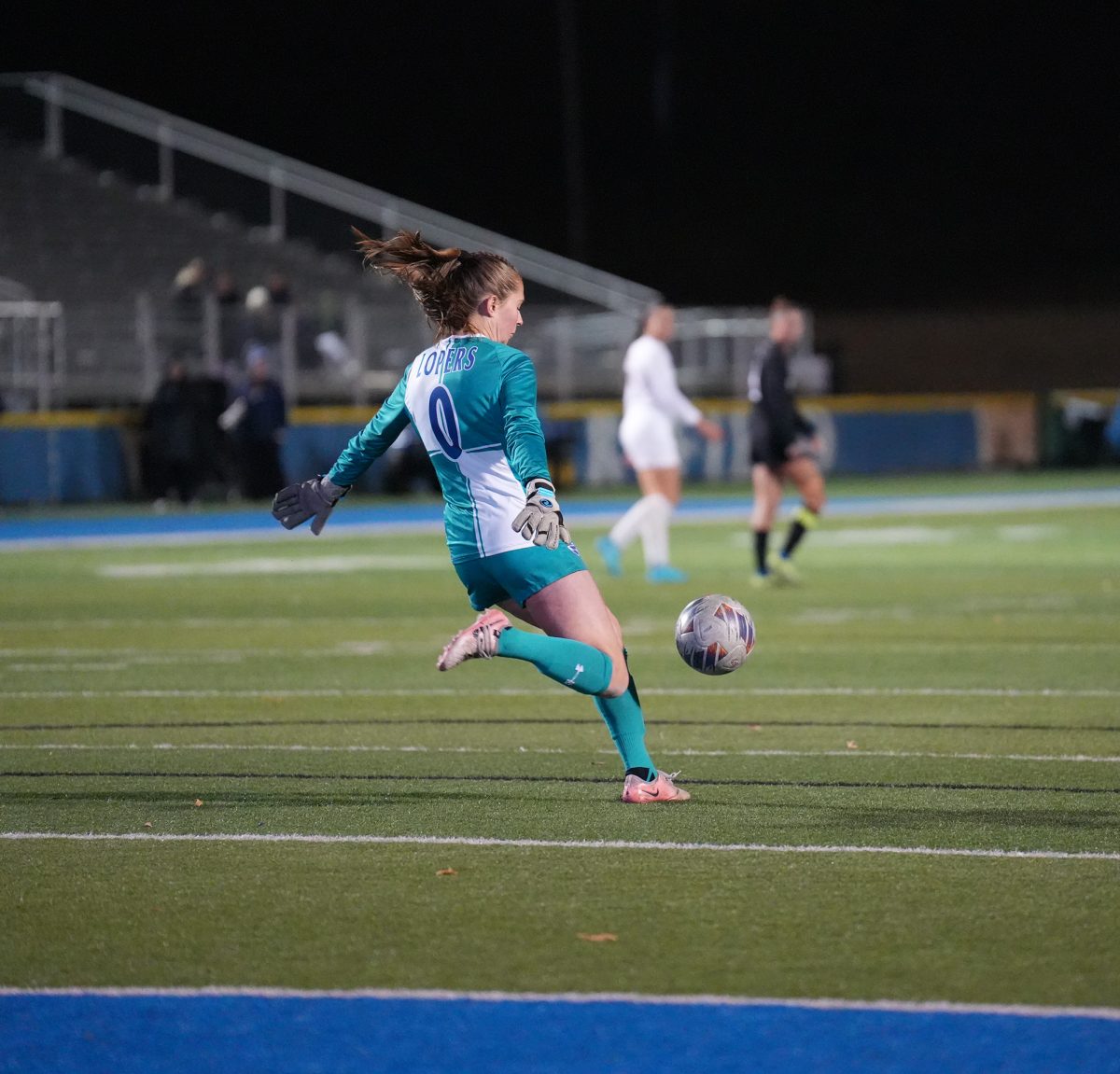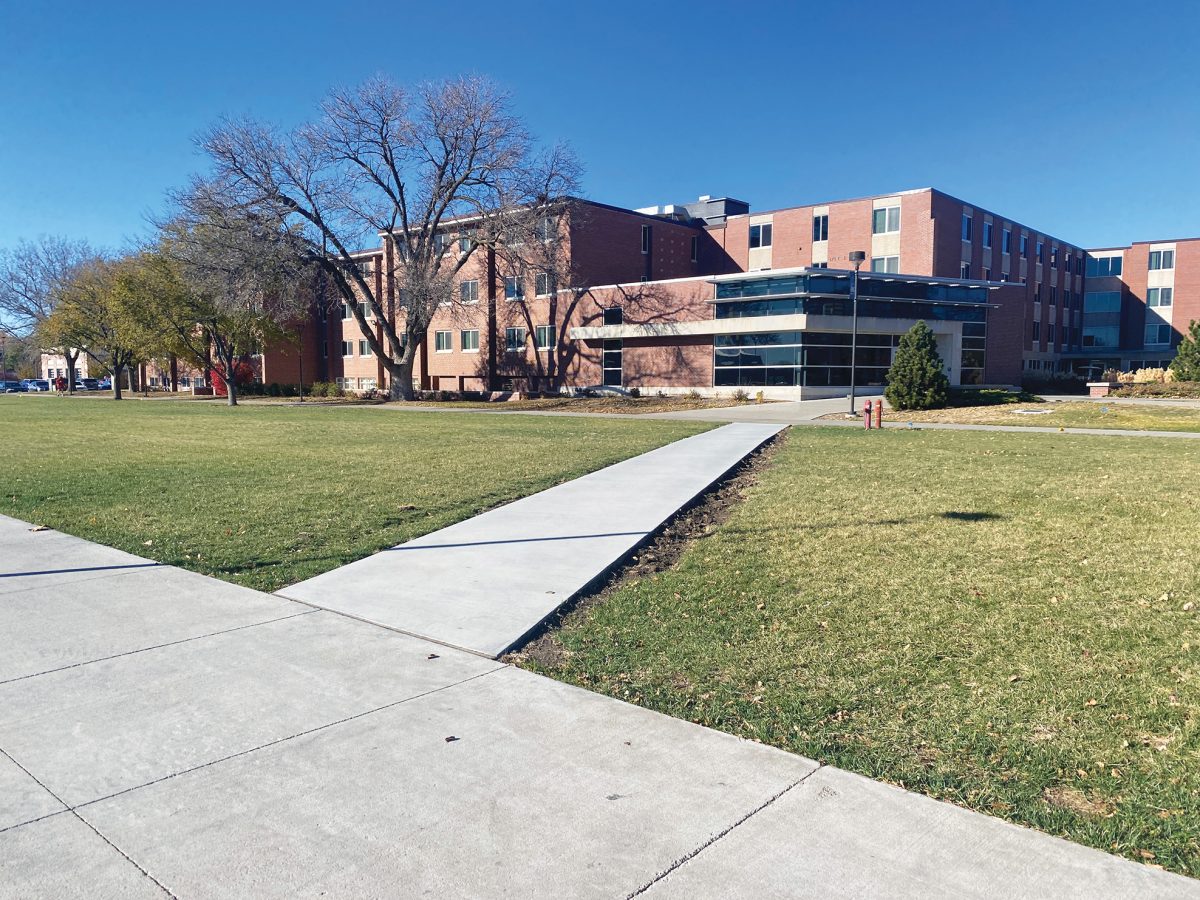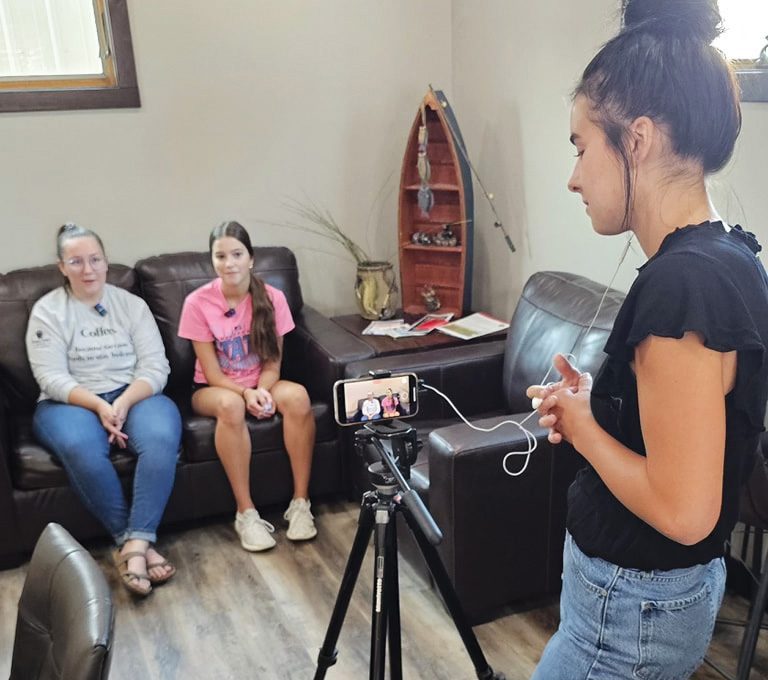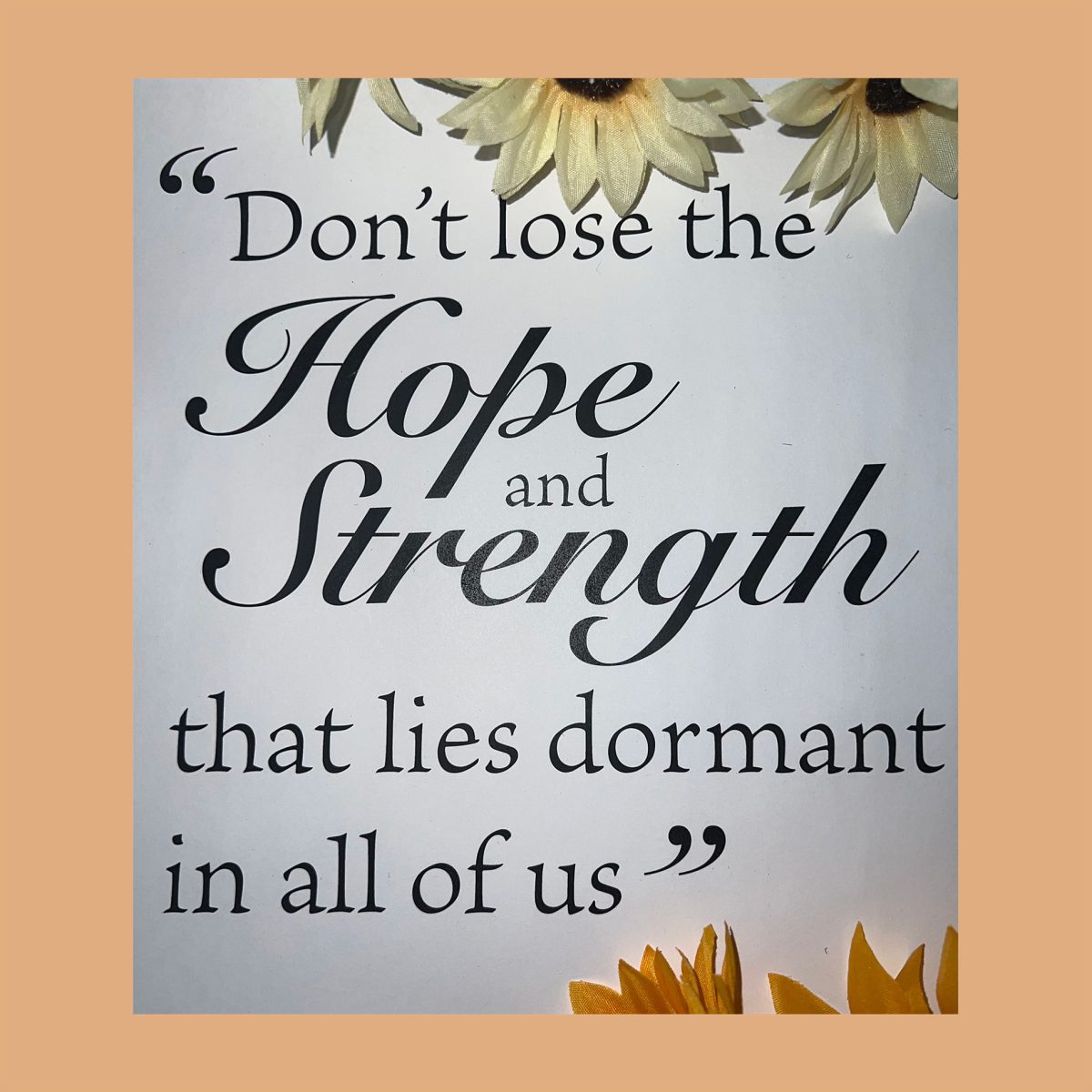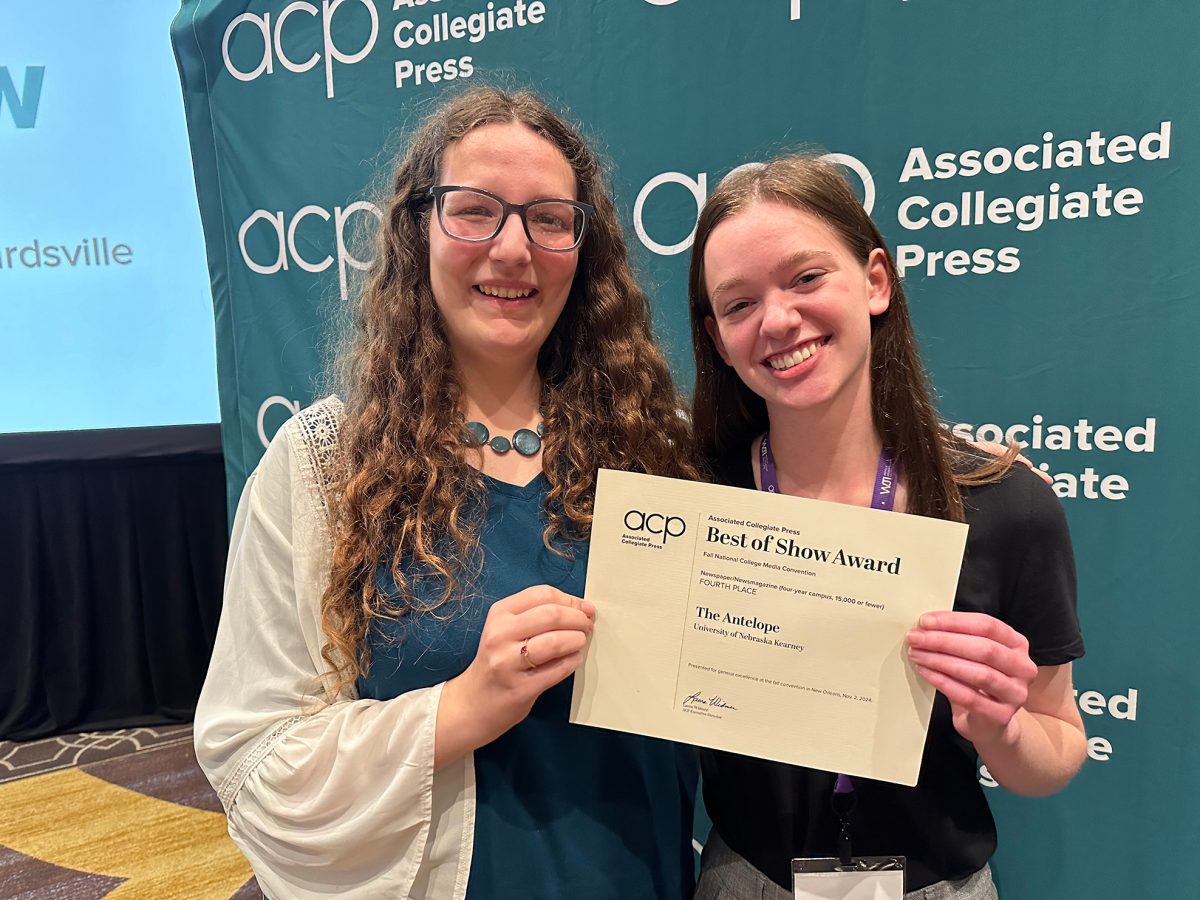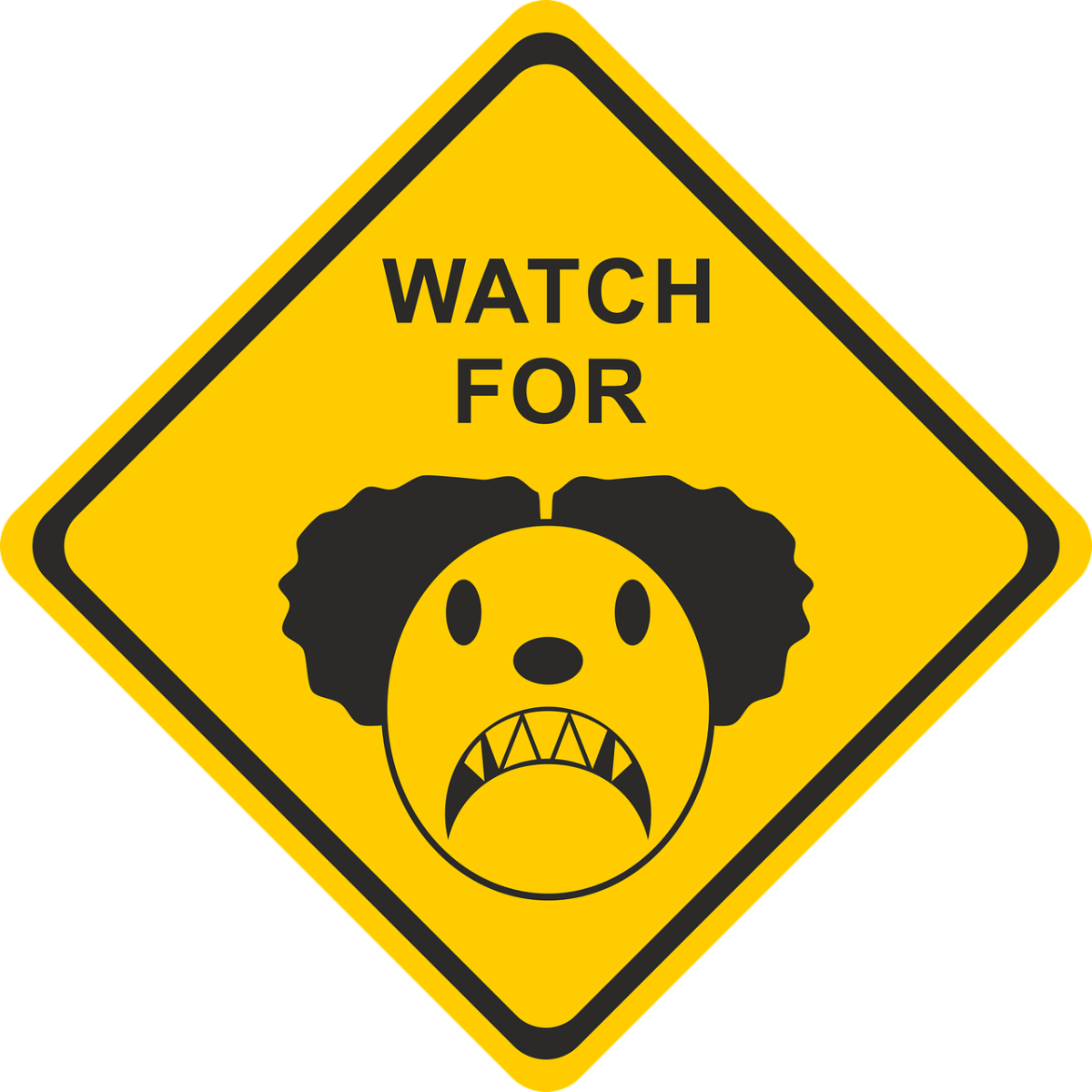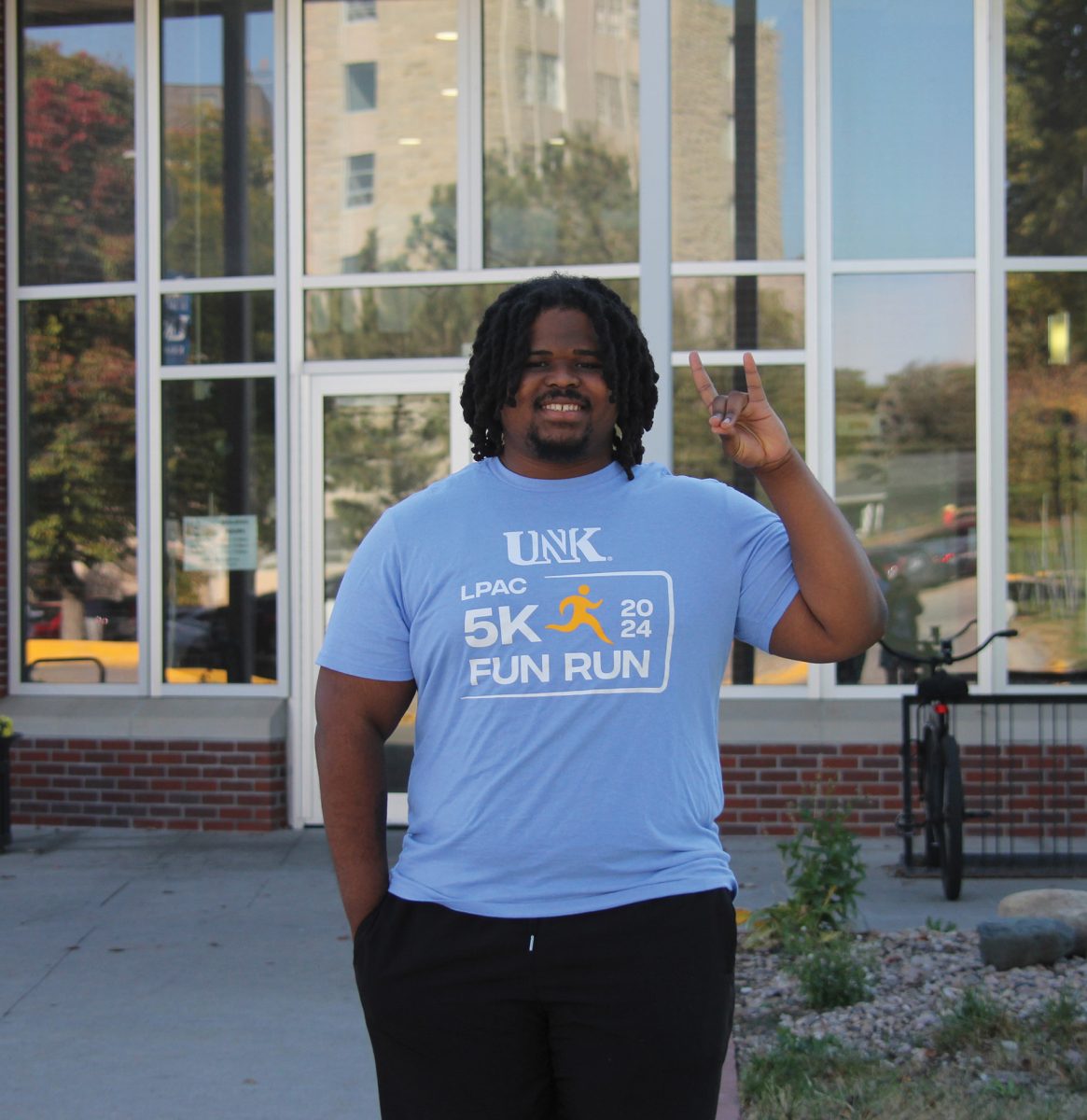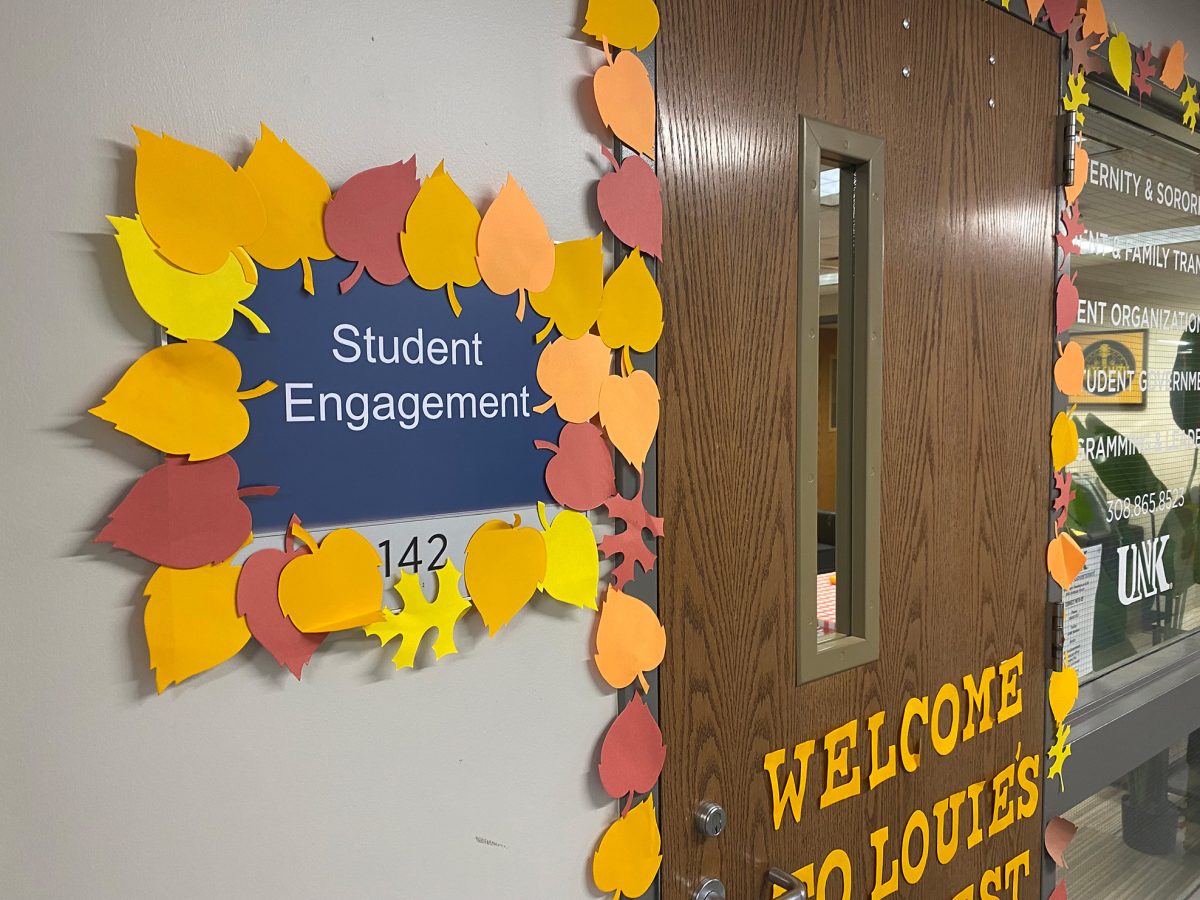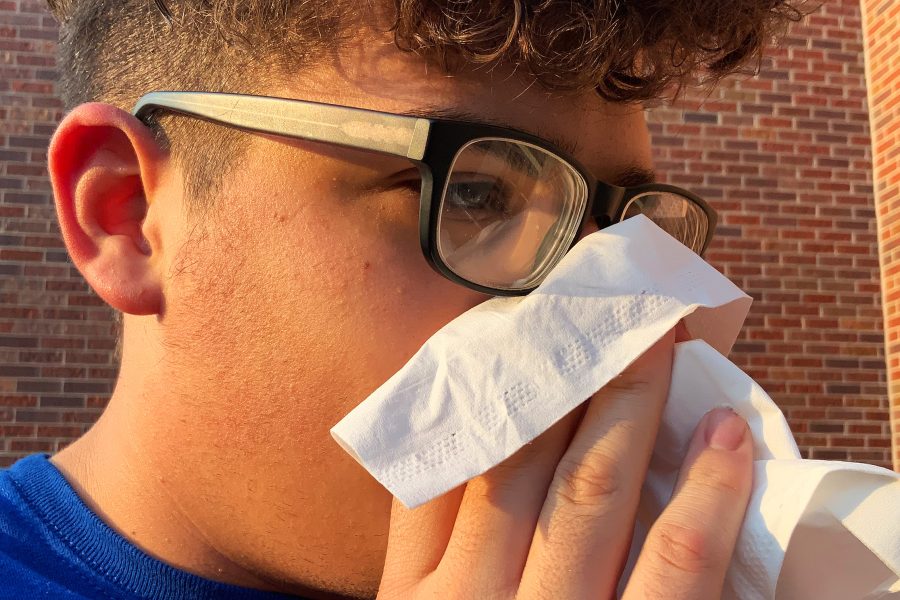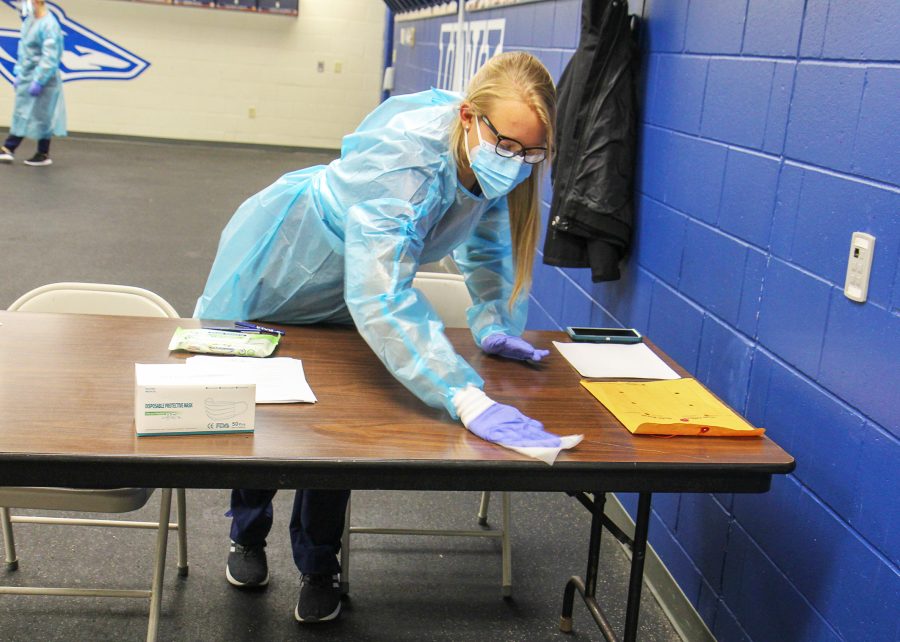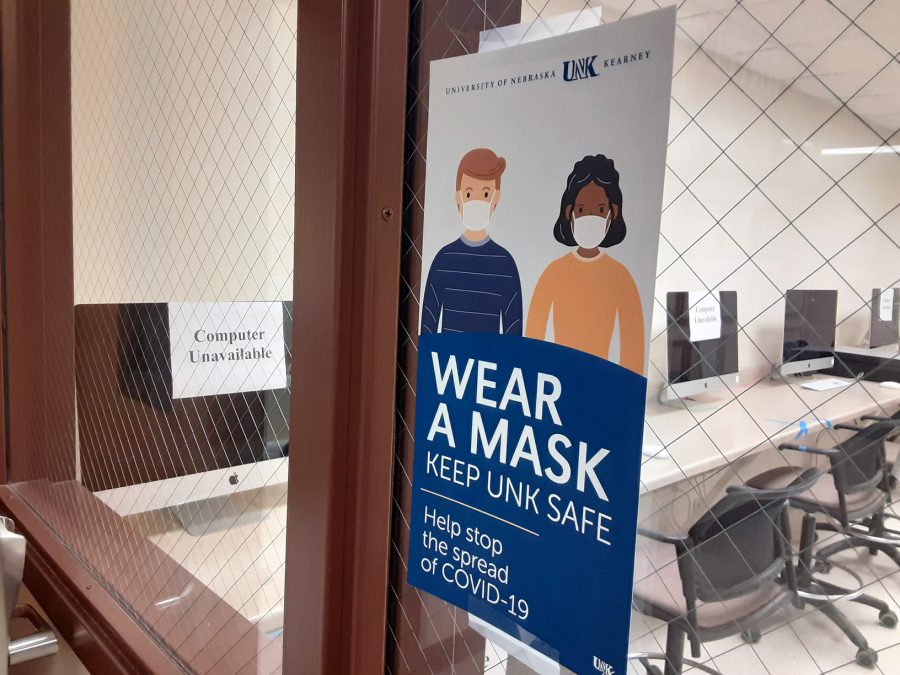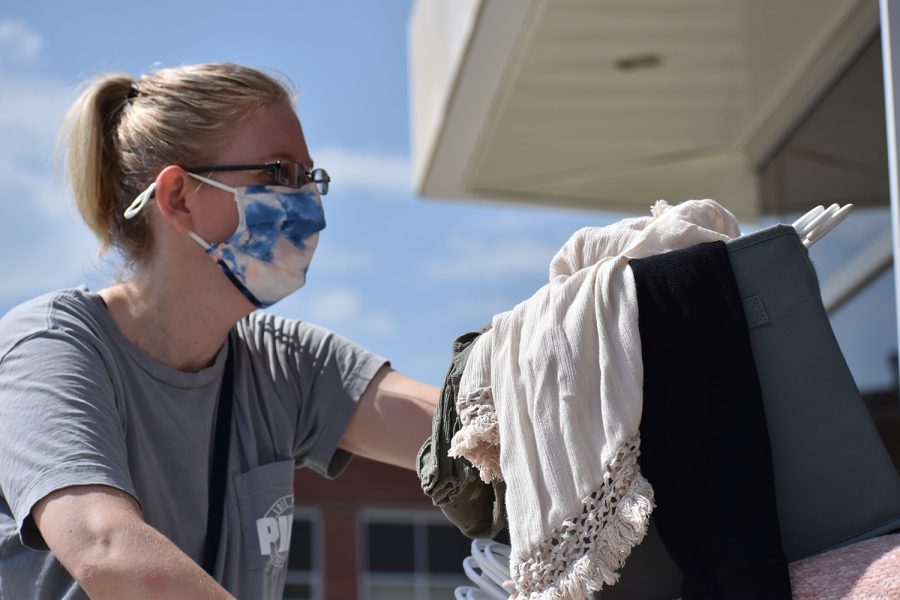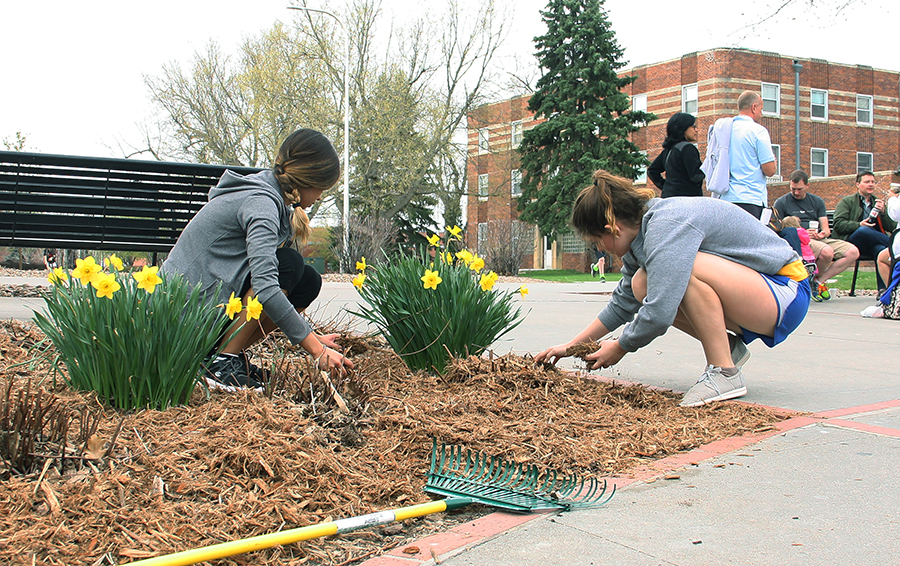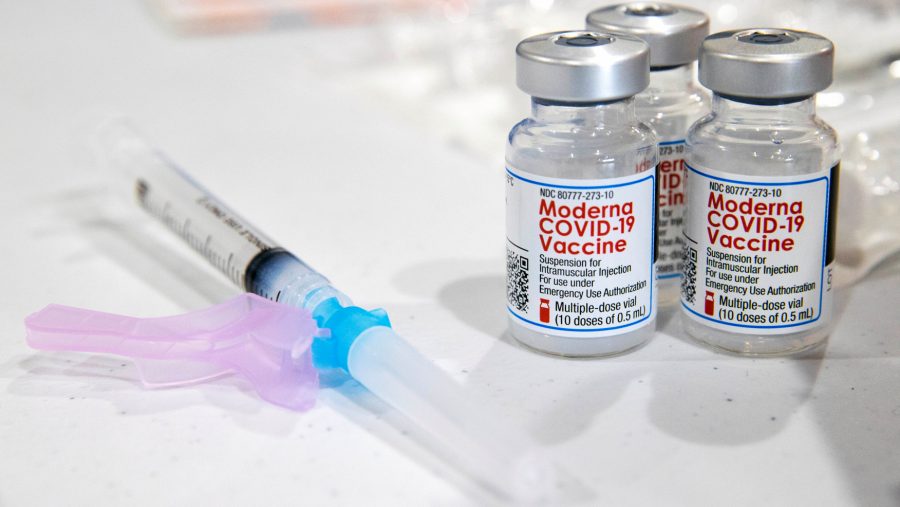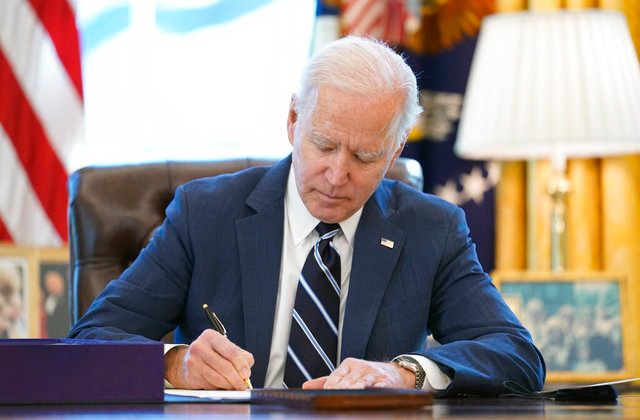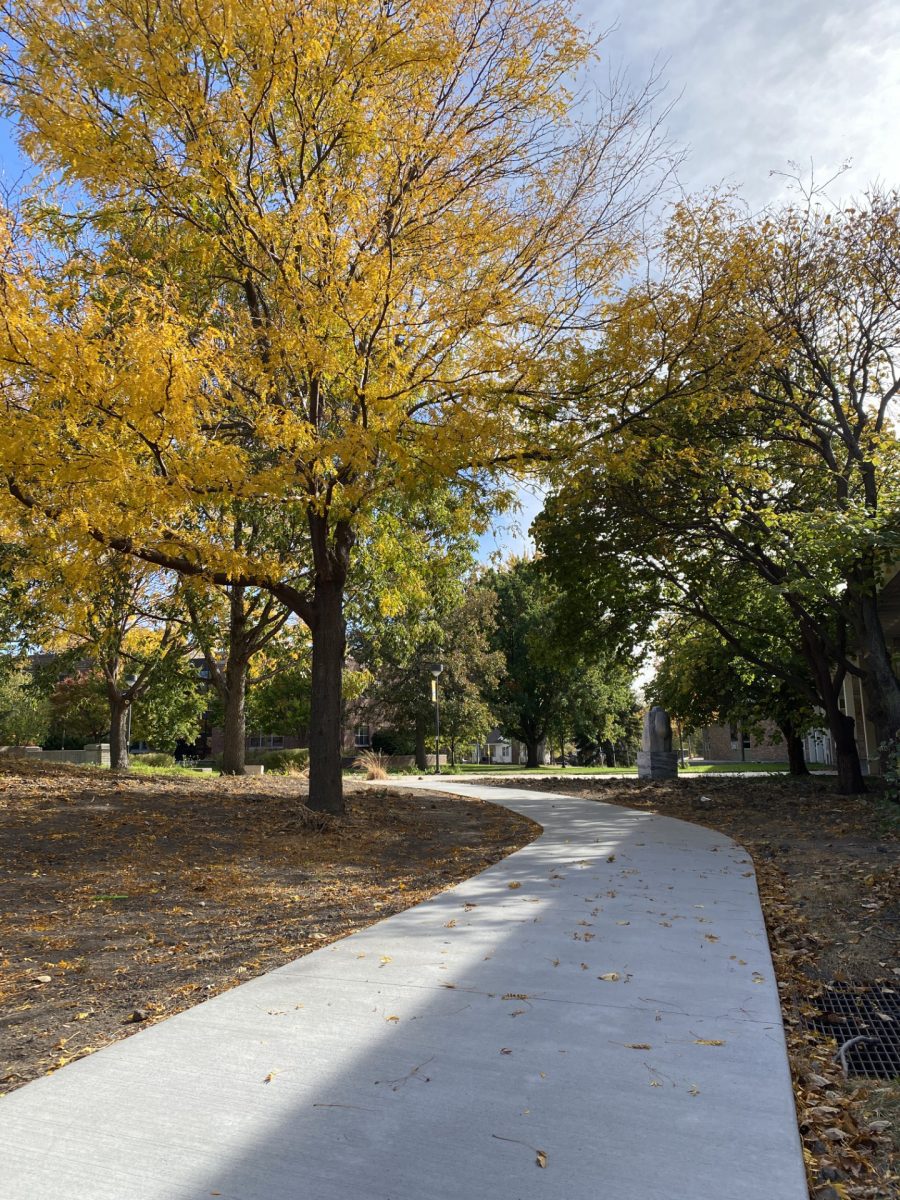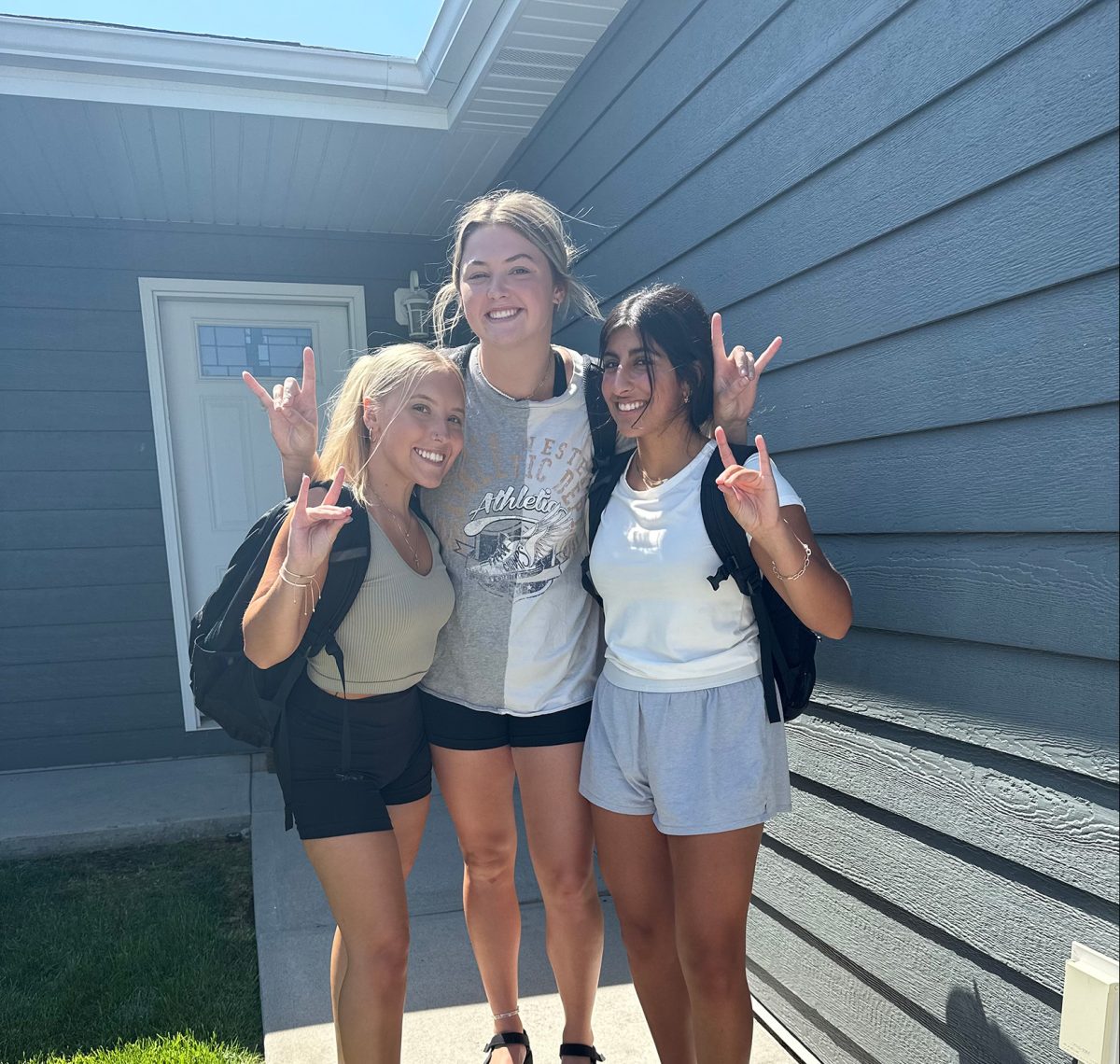kramerkj@lopers.unk.edu
While UNK is doing its part to prevent the spread of COVID-19, there is more that can be done. Staying healthy has always been important for the stressed-out college student, but it is crucial now more than ever.
Boosting one’s immune system could not only help fight off COVID-19 but prevent it altogether.
“Three easy ways to boost your immune system are to eat right, exercise and get adequate sleep,” said Peg Johnston, a senior lecturer for kinesiology and sports sciences. “Each of those helps to ensure that your immune system is functioning at its peak.”
According to David Quimby’s CHI Health article, “Can vitamins fight COVID-19? Expert advice on supplemental use”, vitamins are essential for the immune system’s performance. vitamin D, zinc and vitamin C are all important to your overall health.
However, taking supplements might not be the best option for vitamin intake.
“We do know that supplements can interfere with other medicines you are prescribed,” Quimby said in his article. “Taking zinc for example, can decrease the effectiveness of an antibiotic. It is never bad advice to eat healthy and get regular moderate exercise…When it comes to supplements, buyer beware is the best advice.”
Johnston acknowledged the benefits of vitamins too in boosting the immune system.
“I have seen many articles recommending zinc, vitamin D and vitamin C supplements for improved immune functions,” Johnston said. “My stance is that it is almost always best to get your nutrients from real food rather than supplements.”
“Adequate protein is also needed for a healthy immune system, and most Americans get plenty of protein. However, many college females who are trying to lose weight are prone to skipping meals and do not consume enough protein. For most students, more fruits and vegetables, whole foods and less ultra-processed foods would be beneficial to staying healthy.”
Another way to help boost your immune system is by exercising and staying active. While it is hard to stay active without being exposed to the virus, there are still a lot of ways to get exercise.
“It is so easy to put on tennis shoes and go out for a walk or a jog,” Johnston said. “Sometimes people also forget about tennis, pickleball, bike rides, etcetera, as great, active things to do that do not require close contact with others. There are also a host of exercise videos on Youtube that a person can do at home”.
Alongside staying active, students should strive for a good night’s sleep, even though sleep requirements vary from person to person.
“Most adults need between seven to nine hours of sleep per night,” said Melinda Smith in a Health Guide article.
As students begin to feel the stress of classes, it is important to schedule some time to stay healthy and be happy.



